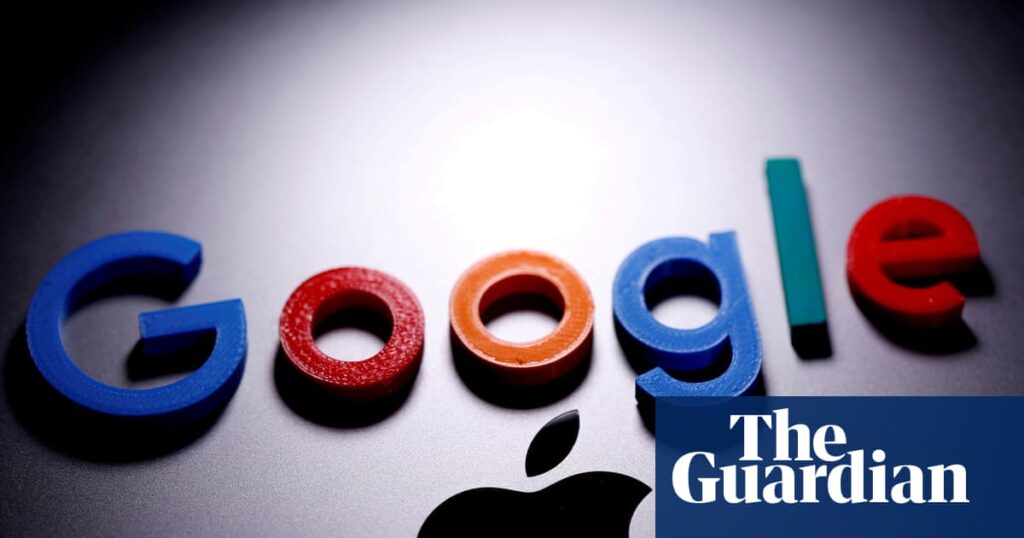
The UK competition watchdog has said that it intends to take action to open up Apple and Google’s mobile platforms to more competition to benefit consumers, businesses and app developers.
The Competition and Markets Authority (CMA) has designated the tech giants as having “strategic market status” – as they hold an effective duopoly for access on mobile devices – and now intends to force Google and Apple to make changes to their mobile platforms.
The regulator said that it has published “roadmaps” for each of the tech giants and that it will take a “proportionate, pro-innovation” approach to “promote competition in digital markets while protecting UK consumers and businesses from unfair or harmful practices”.
The CMA said that it will, in the first instance, focus on areas such as the tech giants’ app stores – which have been criticised by developers – to ensure a “fair and transparent” app review process, as well as making sure that smartphone users can “steer” away from app stores to make purchases.
Other areas of focus include addressing restrictions Apple imposes on digital wallets to ensure that competing financial technology firms can compete.
“Apple and Google’s mobile platforms are both critical to the UK economy – playing an important role in all our lives, from banking and shopping to entertainment and education,” said Sarah Cardell, chief executive of the CMA.
“But our investigation so far has identified opportunities for more innovation and choice. Time is of the essence: as competition agencies and courts globally take action in these markets, it’s essential the UK doesn’t fall behind.”
The UK competition watchdog announced its investigations into Apple and Google’s mobile platforms in January.
The investigation examined the tech firms’ mobile operating systems, app stores and browsers to determine whether both companies required tailor-made guidelines to regulate their behaviour.
At its launch, the CMA said that virtually all smartphones sold in the UK were pre-installed with Apple’s iOS or Google’s Android operating systems, while their app stores and browsers had privileged positions on their platforms compared with third-party products and services. Apple’s Safari and Google’s Chrome dominate the mobile browser market on iPhones and Android devices, respectively.
The CMA investigation was launched days after the appointment of Doug Gurr, the former country manager of Amazon UK, as its new chair.
The government, which has pushed for a shake-up of regulation to help kickstart UK growth, was forced to deny it was “in the pocket of big tech” after the appointment.
after newsletter promotion
Tech firms, publishers and the consumer watchdog Which? subsequently wrote to the chancellor, Rachel Reeves, raising concerns that Gurr’s appointment posed a threat to the independence of the CMA.
Gurr has said he will make the CMA’s investigations into mergers and takeovers “simple and rapid” and Cardell of the CMA said in February that a change of strategic direction was needed.
Two years ago Microsoft heavily publicly criticised the CMA after it initially blocked the firm’s planned takeover of the gaming firm Activision Blizzard.
Microsoft’s president, Brad Smith, said that the UK was “bad for business”, although the deal was eventually given the green light.




